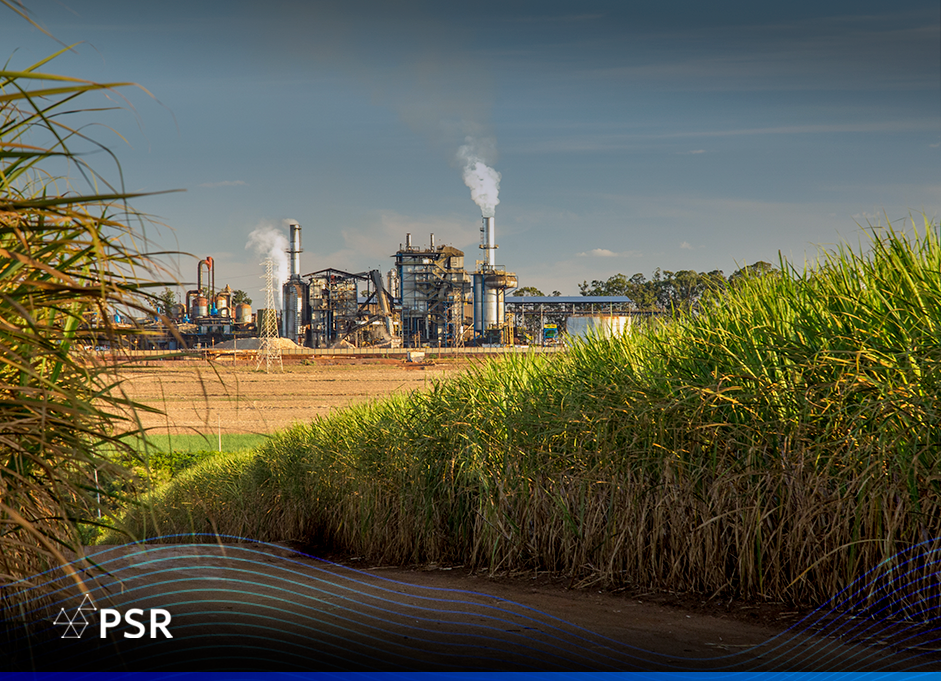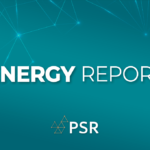Software developed by PSR helps in the economic assessment of energy products from sugarcane

Brazil has numerous opportunities for developing energy products from sugarcane, which could contribute to the competitiveness of Brazilian industry and the global energy transition process. This was noted by experts during an online workshop on the potential of the Brazilian sugar and energy industry for the production of advanced fuels, held in early November.
“Sugarcane has great potential for the production of different products and fuels. We already produce sugar, ethanol and electricity. We already have increasing production of biogas and biomethane. But there are several other opportunities. There is, for example, the issue of SAF [sustainable aviation fuel] and hydrogen. And, within the scope of the Fuel of the Future program, there is also a lot of talk about carbon capture,” says Luana Gaspar, head of Decarbonization at PSR, at the event.
Given this wide range of potential products to be developed from sugarcane, an important point is the economic viability of these energy alternatives. To this end, PSR developed an optimization model capable of evaluating the optimal mix from the sugarcane processed by a given mill or region, seeking to maximize profits for investors.
Called Optbio, the software, in practice, makes an economic assessment of these options considering their costs and revenues. “Optbio allows an assessment of what is possible to do in terms of energy products from sugarcane, from an economic point of view,” explains Luana.
The prospects for the potential of the sugarcane industry in relation to the production of different types of fuels and the Optbio model, presented at the workshop, are part of a Research, Development and Innovation (RDI) project of the National Electric Energy Agency (Aneel). Entitled “Maximizing economic and socio-environmental benefits from the production of hydrogen and other low-carbon products integrated into the sugar and ethanol industry”, the project was proposed by the companies Tevisa, Povoação Energia, Linhares Geração and Tropicália and executed by PSR, with the support of researchers from the Federal University of Itajubá (Unifei).
“Optbio is one of the interesting products of this project. It is a tool and a result of an R&D project investment in something concrete. It is software that is very useful for the sector,” says Rafael Kelman, executive director at PSR.
In addition to Luana Gaspar and Rafael Kelman, Rogério Almeida, project manager at Tevisa, and Luiz Augusto Horta, professor at Unifei, also participated in the workshop.
The full workshop can be viewed here.




